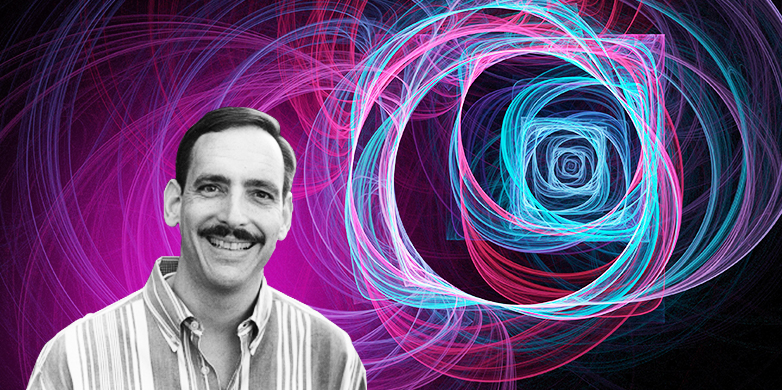Paul Bernays Lectures 2016
William Hugh Woodin, Harvard University, USA
William Hugh Woodin is Professor of Mathematics and Philosophy at Harvard University. His main interests are in mathematical logic, and particularly in axiomatic set theory (program of inner models, theory of determinacy and large cardinals, the continuum hypothesis), as well as in foundations of mathematics and philosophy of mathematics.
Portrait on ETH News: Are there decisive answers to undecidable questions?

Programme
Lecture 1: Unsolvable problems, the continuum hypothesis, and the nature of infinity
Wednesday, 14 September 2016, 5.00 p.m.
Abstract
The modern mathematical story of infinity began in the period 1879-84 with a series of papers by Cantor that defined the fundamental framework of the subject. Within 40 years the key ZFC axioms for Set Theory were in place and the stage was set for the detailed development of transfinite mathematics, or so it seemed. However, in a completely unexpected development, Cohen showed in 1963 that even the most basic problem of Set Theory, that of Cantor's Continuum Hypothesis, was not solvable on the basis of the ZFC axioms. The 50 years since Cohen's announcement has seen a vast development of Cohen's method and the realization that the occurrence of unsolvable problems is ubiquitous in Set Theory. This arguably challenges the very conception of Cantor on which Set Theory is based. Thus a fundamental dilemma has emerged. On the one hand, the discovery, also over the last 50 years, of a rich hierarchy of strong axioms of infinity seems to confirm that Cantor's conception is fundamentally sound. But on the other hand, the vast development of Cohen's method over this same period seems to also confirm that there can be no preferred extension of the ZFC axioms to a system of axioms that can escape the ramifications of Cohen's method. But this dilemma was itself based on a misconception and recent discoveries suggest there is a resolution.
Lecture 2: Unsolvable problems in second order number theory and their solutions
Thursday, 15 September 2016, 2.15 p.m.
Abstract
The attempts to understand the Continuum Hypothesis in the early 20th century led to the study of a simple class of sets of real numbers, these are the projective sets. While the theory developed suggested great structure, it failed to fully reveal that structure. The reason only became apparent 40 years later. Surprisingly, even in the simple setting provided by the projective sets, the fundamental questions which were the focus of the analysis of the projective sets, are also unsolvable on the basis of the ZFC axioms. In fact even the question of whether there can be a projective counterexample to the Continuum Hypothesis is unsolvable from the ZFC axioms. However, by invoking strong axioms of infinity, the basic problems about the projective sets can be solved and moreover the rich structure theory hinted at by the early results of the 20th century is fully revealed. Finally and even more striking, that rich structure theory is completely intertwined with the structure of the relevant strong axioms of infinity. This convergence of structures provides for a compelling and beautiful picture.
Lecture 3: Beyond the age of independence by forcing
Thursday, 15 September 2016, 4.30 p.m.
Abstract
Gödel’s consistency proof for the Axiom of Choice and the Continuum Hypothesis involves his discovery of the Constructible Universe of Sets. The axiom "V = L" is the axiom which asserts that every set is constructible. This axiom provides a clear conception of the Universe of Sets which is largely free of the ubiquity of unsolvable problems, for example this axiom settles the Continuum Hypothesis. Further, Cohen’s method of forcing cannot be used in the context of the axiom "V = L". However, the axiom V = L is false since it refutes not only the strong axioms of infinity which yielded the rich (and true) structure of the projective sets, it also refutes that very structure theory. A key question emerges. Is there an "ultimate" version of Gödel's constructible universe L yielding an axiom "V = Ultimate L" which retains the power of the axiom "V = L" for resolving questions like that of the Continuum Hypothesis, is also immune against Cohen’s method of forcing, and yet which does not refute strong axioms of infinity? Until recently there seemed to be a number of convincing arguments as to why no such ultimate L can exist. But the situation is now changed.